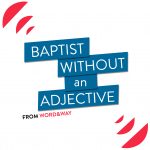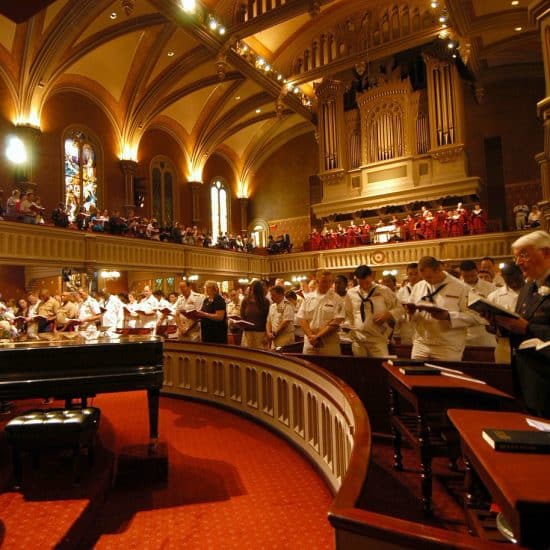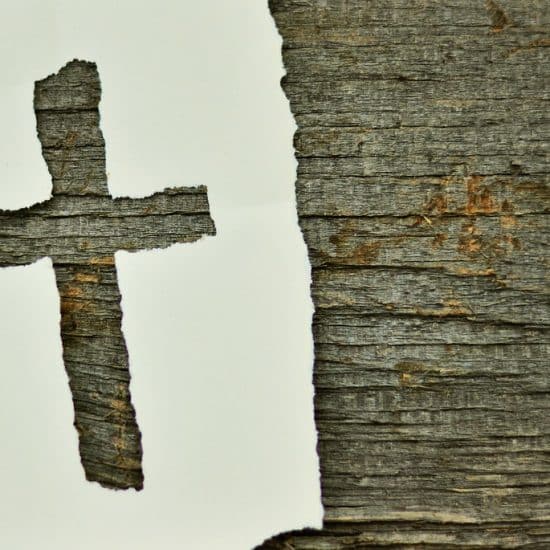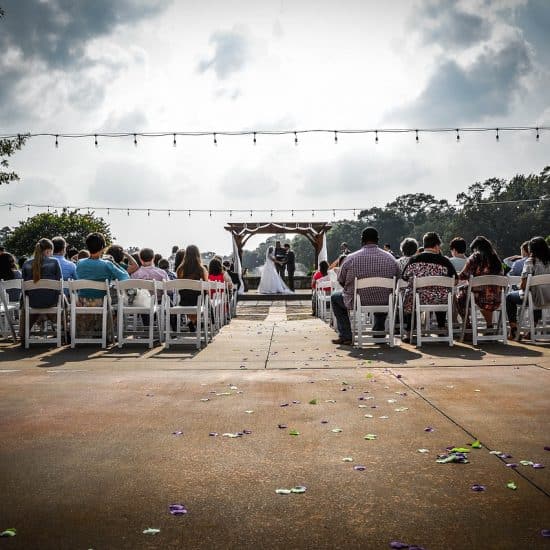
(WW) During the annual gathering of the North American Baptist Fellowship in Falls Church, Virginia, in October, Baptist leaders from multiple denominations in Canada and the United States discussed how Christians can engage effectively and prophetically in culture today.

Image by Gerd Altmann from Pixabay
Although the secularization of the two countries has led some to describe Christians today as in “exile,” Anna Robbins, president and dean of theology at Acadia Divinity College in Wolfville, Nova Scotia, dismissed that metaphor as inaccurate. Christians in the West still have much privilege and power, she noted, and such rhetoric is problematic in light of real persecution against Christians in other parts of the world today. She also sees the rhetoric of “exile” about Christians in Canada or the U.S. to justify a “withdrawal from culture” and thus critiques “language of persecution as an excuse for a lack of engagement.”
David Goatley, a research professor of theology and director of the Office of Black Church Studies at Duke Divinity School in Durham, North Carolina, critiqued churches for often giving a “full-throated” accommodation of the dominant culture. Examples of such a “total embrace” he criticized included churches selling war bonds during World War II, placing American flags in church sanctuaries, and a failure to critique “predatory capitalism” like gold from Apartheid South Africa, blood diamonds, or now conflict-fueling coltan in cellphones.
Goatley argued churches are “ignoring the cultural realities that are coming at us fast,” which means churches are helping people think about biblical justice issues involved in cultural engagement and accommodation. The fact that many white churches appear to side with — or at least condone through silence — injustice today, Goatley said, could be a result of “muscle memory” the church has not dealt with from previous generations supporting slavery and other injustices.
Thus, Goatley urged churches to deal with their own past and times when their own church supported injustice. He argued that we cannot today simply say “let’s start all over again” or “let’s put the bad stuff behind us.” The danger of such an attitude, he explained, is it does not deal with the “muscle memory” that can lead us to revert to bad behavior unless we intentionally train a new way of living. Additionally, he said that victims of injustice are often slow to trust those who have not dealt with their “muscle memory.”
“How do you expect people to just cut off the whole arc of history?” he asked. “Reconciliation can happen, but it requires liberation.”
Angela Project
One effort among Baptists in the U.S. over the past three years to deal with what Goatley called “muscle memory” is the Angela Project, which marked the 400th anniversary in August of the arrival of the first enslaved Africans in the colonies that later started the United States. Paul Baxley, executive coordinator of the Cooperative Baptist Fellowship, and Samuel Tolbert, president of the National Baptist Convention of America, reflected during the NABF gathering about the Angela Project. They particularly talked about the Angela Project meeting in Birmingham, Alabama, in June; the 40-day prayer guide leading up the 400th anniversary; and the anniversary event on Aug. 20 in Louisville, Kentucky.
“There’s some honest repentance and repair that has to be done so that we can see each other as brothers and sisters in Christ above all else,” Baxley said. “White Christians have inescapable responsibility when it comes to repair and reconciliation.”
“We come from a long history of folks saying healing things but not living in healing ways,” he added as he reflected on past comments on slavery by white Baptists. “So, as we move out of the 400th anniversary of enslavement and into the next steps, my question is what does it mean to be good stewards of that grace” that black Baptists have shown during the Angela Project?
Tolbert added that one topic that emerged over the past three years was that of repair and reparations. Noting that some slaveholders received reparations when their enslaved persons were set free, Tolbert added that the enslaved received nothing and therefore today “people are running behind because of that path.”
 NOTE: Hear interviews from the NABF meeting on the Word&Way podcast “Baptist Without An Adjective”: Trisha Miller Manarin (Oct. 24), Rob Ogilvie (Oct. 30), and Pau Kahn Khai (Nov. 5). Find episodes at podcast.wordandway.org.
NOTE: Hear interviews from the NABF meeting on the Word&Way podcast “Baptist Without An Adjective”: Trisha Miller Manarin (Oct. 24), Rob Ogilvie (Oct. 30), and Pau Kahn Khai (Nov. 5). Find episodes at podcast.wordandway.org.





